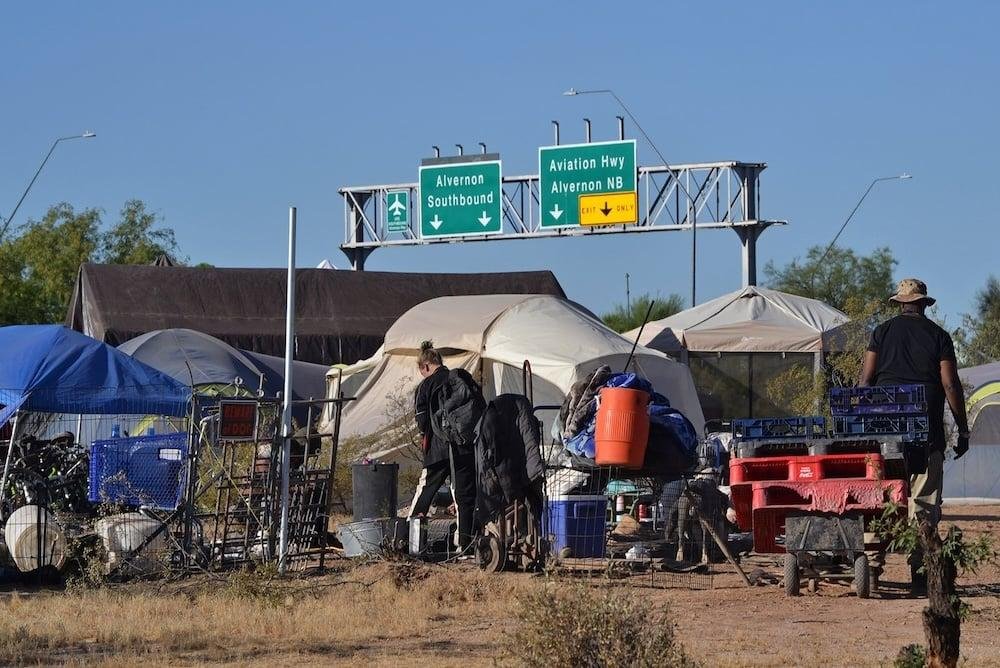Business
Guymon: Grants Pass Decision Could Spark a New Wave of Innovation in Homelessness Solutions

Tucson Metro Chamber CEO highlights the pressing challenges faced by small businesses in the wake of increasing homelessness in the region. Conversations with local business owners reveal a troubling trend: the difficulties posed by unsheltered individuals have surged significantly, prompting urgent discussions about solutions.
The recent Supreme Court ruling in City of Grants Pass v. Johnson reinstates the authority of local governments to enforce urban camping ordinances, a development crucial for addressing the dramatic 300% rise in unsheltered homelessness since 2018. This decision could provide municipalities with additional mechanisms to manage this escalating crisis.
Collaborative efforts between the chamber and various city officials have fostered innovative approaches, such as the Transition Center and Tucson’s Community Court. These initiatives can now achieve greater efficacy through enhanced accountability measures and effective resource allocation.
The impacts of homelessness extend beyond the unsheltered population itself; they tangibly affect approximately 150,000 local employees across 1,400 member businesses. A recent amicus brief presented to the Supreme Court outlines specific challenges, such as retailers forced to relocate due to security concerns and local businesses suffering after encounters with unhoused individuals. Accounts of local mortuaries facing theft of metal nameplates and restaurants losing customers underscore the pervasive nature of this issue.
However, it’s crucial to differentiate between various segments of the unhoused population. Not all are engaged in detrimental behaviors; some are simply young people fleeing violence or older adults facing eviction. The core issue predominantly revolves around chronically unhoused individuals grappling with severe behavioral and substance use disorders.
City and county officials indicate that these chronic cases comprise the majority of the unsheltered populace and often remain unprepared for housing. Service providers report that it can take weeks to engage these individuals, with many refusing assistance only to filter to new locations, perpetuating a cycle of instability and displacement.
Recent Point-in-Time counts reveal that numerous emergency shelters remain underutilized, with significant gaps in behavioral health services exacerbating the crisis. This raises an essential question: how should we address the needs of those unwilling to accept offers of aid?
In response, the chamber advocates for a robust policy framework that prioritizes expedited interim and emergency shelter solutions, reinforcement of existing ordinances, and the development of permanent housing options for those ready for transition.
Despite the Supreme Court’s ruling, some local officials resist policy adjustments, characterizing them as a criminalization of homelessness, a viewpoint that may hinder effective action. Meanwhile, other cities are finding success with innovative approaches.
For example, Reno has successfully collaborated among county, city, and nonprofit sectors to establish over 600 emergency shelter beds, significantly reducing street homelessness. Likewise, Phoenix has introduced an ordinance tightening restrictions on urban camping, balancing enforcement with a commitment to education and services.
In San Diego, an Unsafe Camping Ordinance was implemented, banning camping near schools and essential public areas, underscoring a proactive stance on homelessness management. As Tucson grapples with this escalating issue, local leaders are urged to reconsider strategies that promote compassionate, effective solutions for both the unsheltered population and the business community.


















